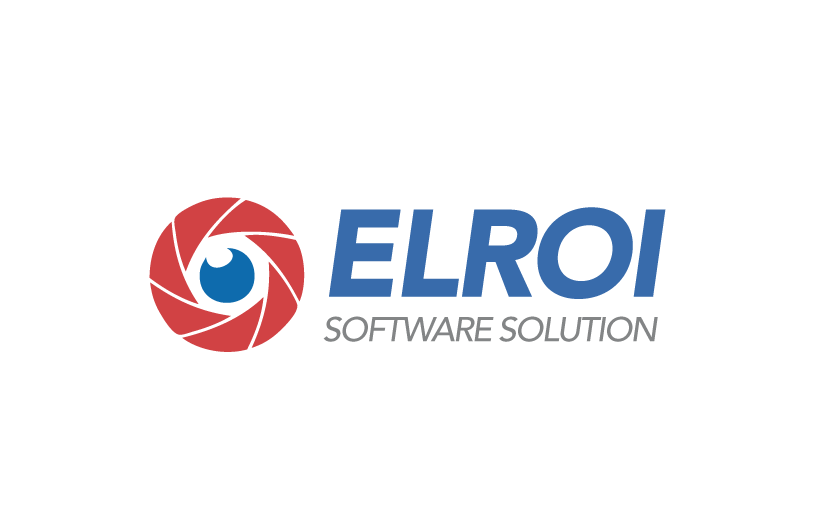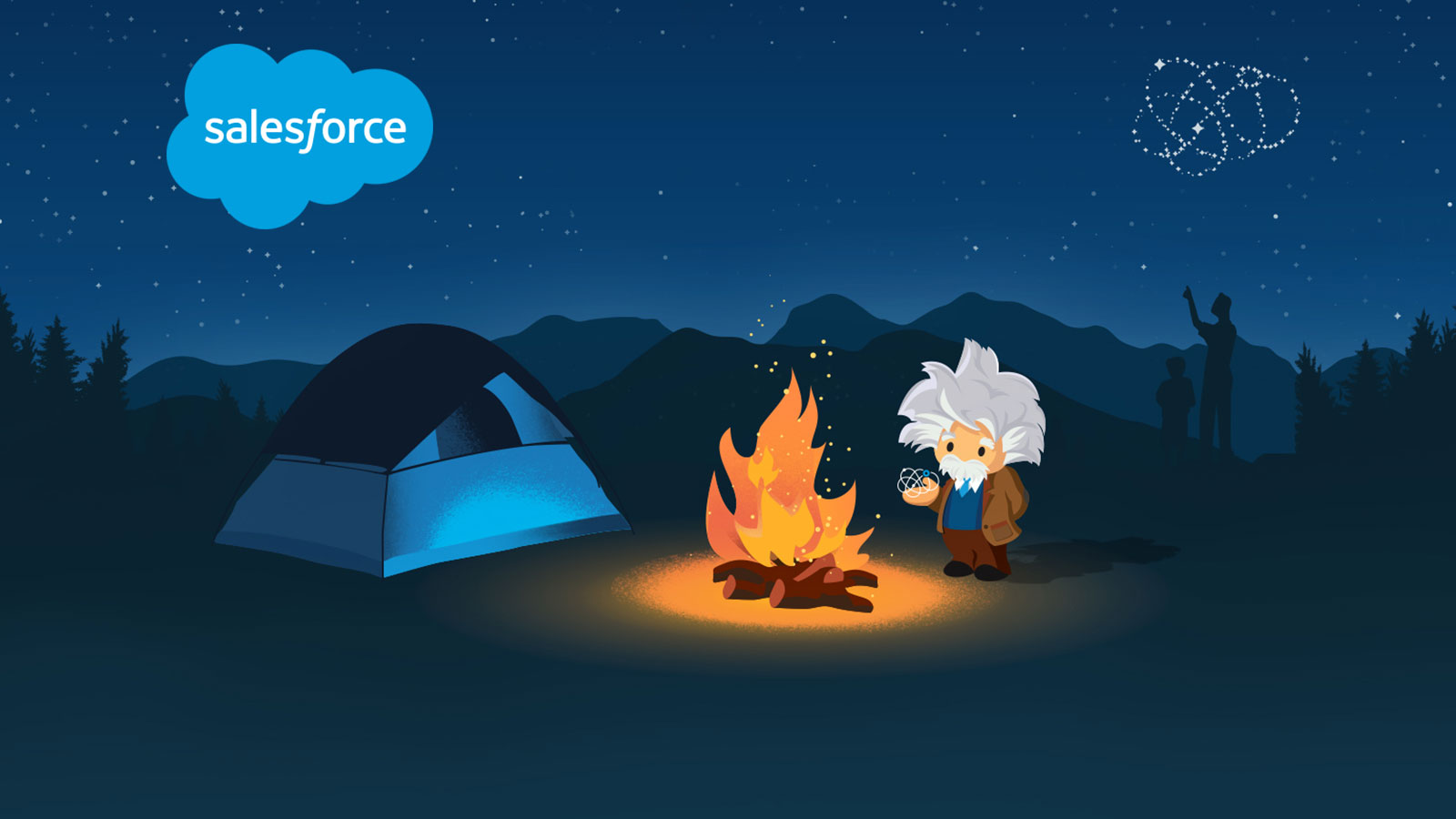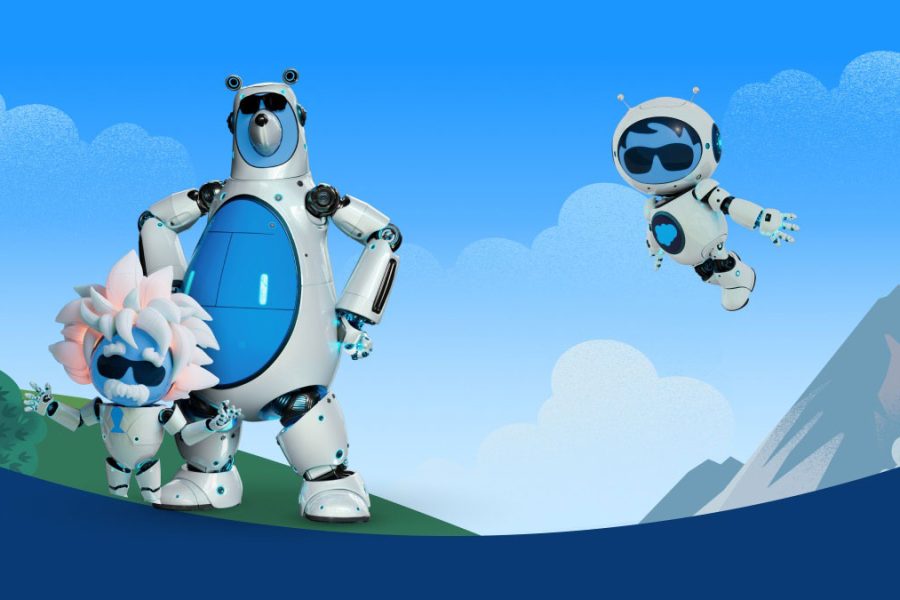In today’s fast-paced business environment, artificial intelligence (AI) is no longer a futuristic concept; it’s a practical tool driving business growth and customer engagement. One such innovation leading the charge is Salesforce Einstein AI. Integrated directly into the Salesforce ecosystem, Einstein brings the power of AI to sales, service, marketing, and analytics, helping businesses make smarter, data-driven decisions. In this blog, we’ll explore how Salesforce Einstein AI is revolutionizing the way businesses operate and how it can help you transform your processes.
What is Salesforce Einstein AI?
Salesforce Einstein is a set of advanced AI capabilities built directly into the Salesforce platform. It allows businesses to analyze data, predict outcomes, recommend actions, and automate workflows. Einstein AI is designed to be accessible to everyone — no need for extensive AI knowledge or experience. It democratizes AI by providing out-of-the-box tools that embed intelligence into every part of the Salesforce platform, from CRM to marketing automation.
Key Features of Salesforce Einstein AI
- Einstein Prediction Builder
- This tool allows businesses to build predictive models without needing any coding skills. For example, you can predict which leads are more likely to convert or which customers are likely to churn.
- Use Case: A sales team can use prediction models to prioritize leads based on the likelihood of conversion, focusing efforts on the most valuable opportunities.
- Einstein Next Best Action
- This feature recommends the best possible next steps for engaging with a customer, based on historical data and patterns.
- Use Case: Customer service reps can automatically receive suggestions for upsell opportunities or customer retention actions based on the specific behavior and history of the customer.
- Einstein Discovery
- Einstein Discovery uses AI to uncover hidden insights from data and provide actionable recommendations in real-time.
- Use Case: Marketers can use Einstein Discovery to understand customer trends and behavior, improving the targeting of campaigns.
- Einstein Voice
- Salesforce Einstein Voice allows users to interact with Salesforce using natural language commands, making it easier to update records, create tasks, and perform data analysis using voice commands.
- Use Case: A salesperson on the go can use voice commands to update opportunities, log activities, or even receive AI-driven insights in real-time.
- Einstein Bots
- These AI-powered chatbots can be used to automate customer service tasks, providing instant responses to customers’ frequently asked questions and guiding them through self-service solutions.
- Use Case: A customer can resolve basic issues like password resets or order tracking without needing human intervention, freeing up support agents to handle complex queries.
How Salesforce Einstein AI is Transforming Industries
1. Sales: Einstein AI helps sales teams prioritize leads, predict outcomes, and optimize opportunities. By automatically analyzing customer data, it enables sales reps to focus on high-potential leads, guiding them to take the right actions to close deals faster. The lead scoring models powered by Einstein improve sales efficiency and effectiveness by ensuring reps are always focusing on the most important opportunities.
2. Customer Service: In customer support, Einstein AI powers chatbots, delivers predictive case management, and provides next-best-action recommendations. Support agents can resolve issues faster, improve customer satisfaction, and reduce the volume of simple inquiries. Predictive insights help managers allocate resources more efficiently and anticipate potential service bottlenecks before they escalate.
3. Marketing: Marketers can use Einstein AI to automate email campaigns, personalize customer journeys, and predict customer engagement. AI-driven insights help marketers deliver the right content to the right audience at the right time, improving overall customer engagement and retention rates.
4. E-commerce: Retailers benefit from AI-driven product recommendations and demand forecasting. Einstein AI can suggest products to customers based on browsing behavior and purchase history, enhancing the customer shopping experience and boosting sales.
How to Get Started with Salesforce Einstein AI
Salesforce Einstein AI is designed to integrate seamlessly with your existing Salesforce ecosystem. You don’t need to be an AI expert to start leveraging its power.
- Activate Einstein: If you are already using Salesforce, simply activate Einstein features in your environment. Many of its AI-powered tools are included with Salesforce licenses or available as add-ons.
- Identify Use Cases: Think about the areas where AI can make the most impact in your business. Do you want to improve lead conversion, enhance customer support, or boost marketing effectiveness? Start small with a specific problem and expand from there.
- Analyze and Iterate: Once you have deployed Einstein AI, regularly review the insights and predictions it provides. Use this data to fine-tune your processes and decision-making.
Conclusion: The Future of Business with Einstein AI
Salesforce Einstein AI brings AI-powered intelligence into the hands of every business, allowing them to leverage data in ways that were once out of reach. From predicting sales outcomes to automating customer service, Einstein empowers businesses to stay ahead in an increasingly competitive market.
The future of business is intelligent, and Salesforce Einstein AI is leading the way. By using its capabilities to automate, predict, and optimize, businesses can deliver better customer experiences and achieve higher levels of productivity.







